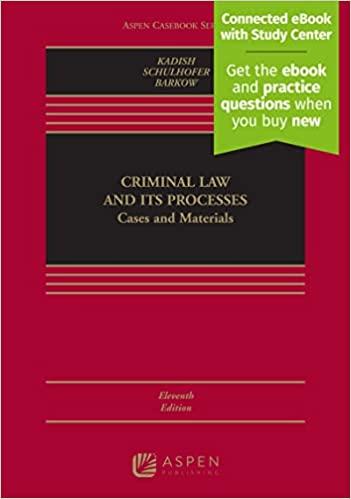Question
Question: Firm A issues a zero-coupon bond with a face value of $100,000 at the beginning of the first year (t=0) which is purchased by
Question:
Firm A issues a zero-coupon bond with a face value of $100,000 at
the beginning of the first year (t=0) which is purchased by investor B. The
bond matures at the end of 20 years (t=20). The prevailing interest rate at
t=0 for bonds with similar risk is 5%.
Consider the following for Investor B:
(a) How much does Investor B pay for this 20-year $100,000 zero-coupon bond
at t=0? What is the yield to maturity?
(b) Suppose that when markets open on the first day of the sixth year, the
interest rate is still 5%. What would be the price of the bond that
morning?
(c) Suppose that by the time the markets close on the first day of the sixth
year, interest rates have fallen to 4%. What would be the price of
Investor B's bond at the end of the day? (For calculations, ignore the
fact that one day has passed, just assume we are still at the beginning
of the sixth year).
(d) Suppose Investor C buys Investor B's bond at the beginning of the ninth
year for $60,000. Assuming this was a fair exchange, what does this tell
you about the movement of interest rates between the beginning of the
sixth year and the beginning of the ninth year?
(e) Redo (b) and (c) in the case that the bond that Firm A issued at
t=0 was
actually a 30-year bond rather than a 20-year bond. What does your answer
tell you about the relationship between time to maturity and price
volatility?
Problem 2:
Prove mathematically that for a level coupon bond, the discount
rate equals to the coupon rate, if the bond price is the face value




Step by Step Solution
There are 3 Steps involved in it
Step: 1

Get Instant Access to Expert-Tailored Solutions
See step-by-step solutions with expert insights and AI powered tools for academic success
Step: 2

Step: 3

Ace Your Homework with AI
Get the answers you need in no time with our AI-driven, step-by-step assistance
Get Started


